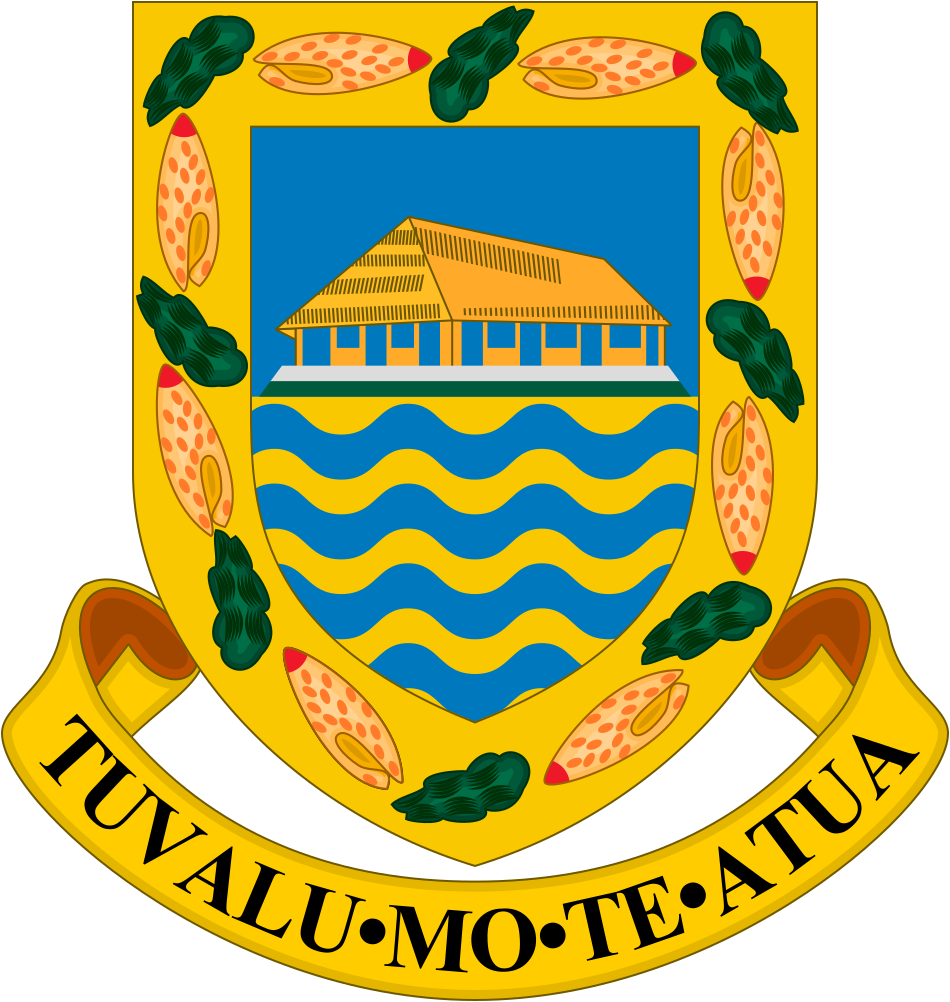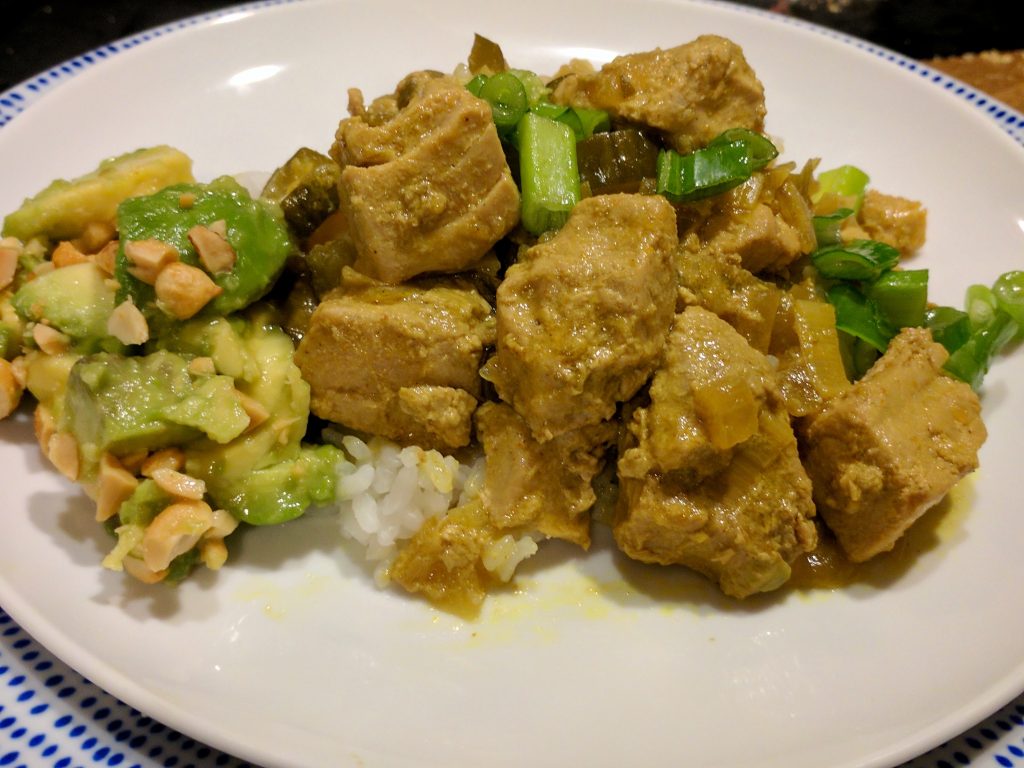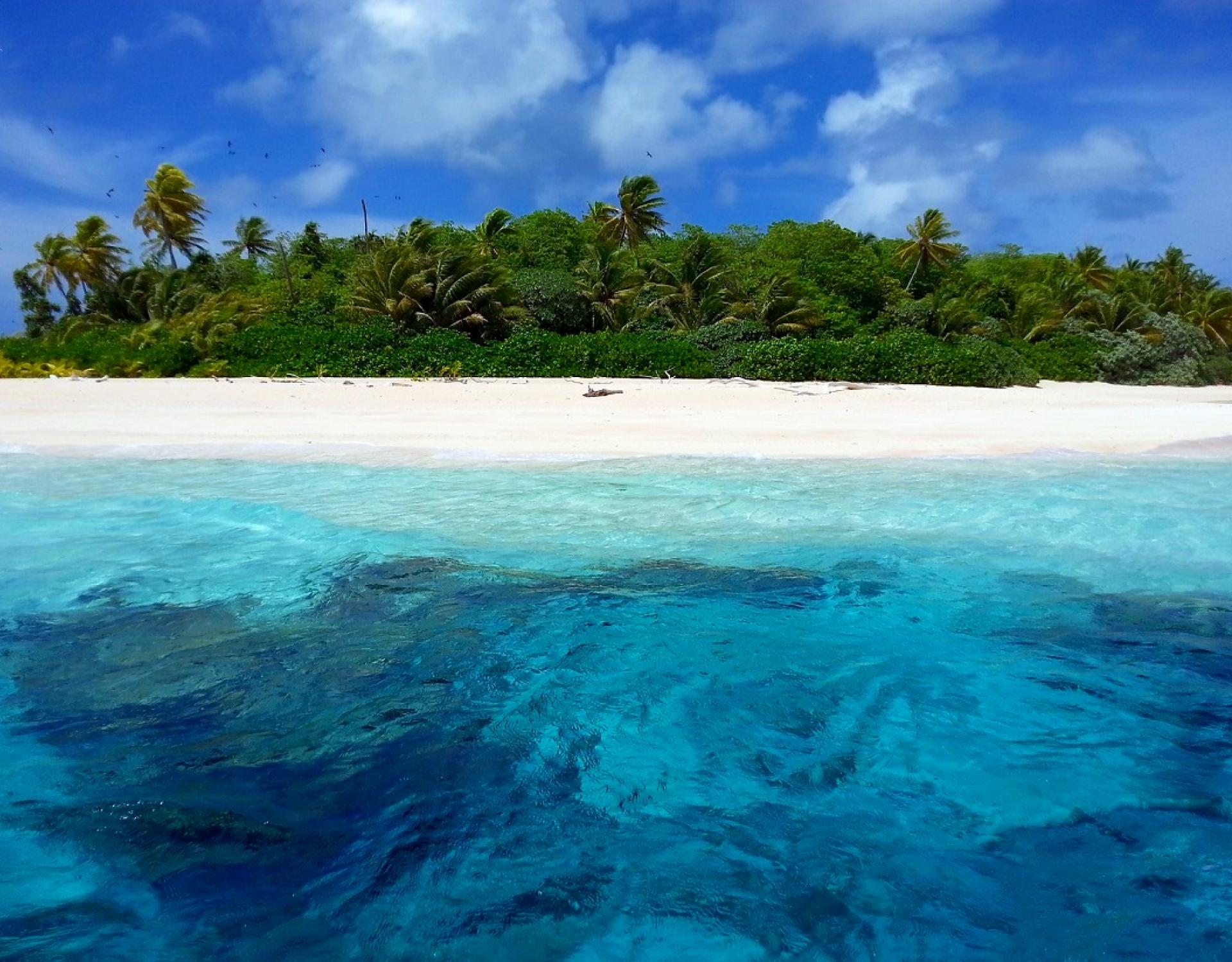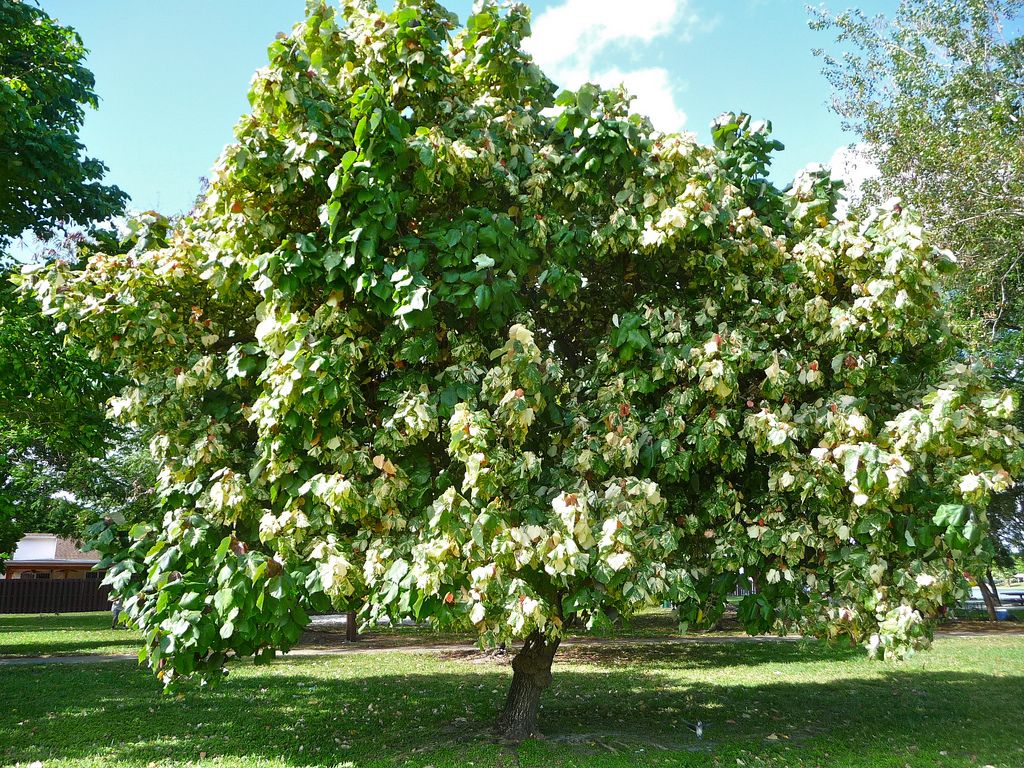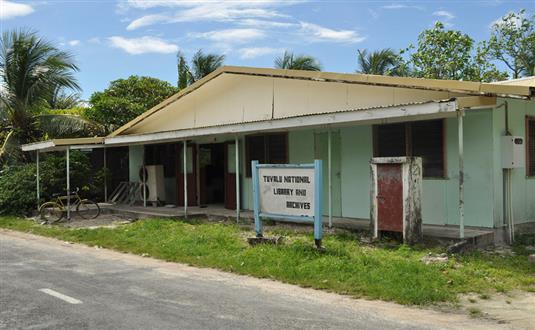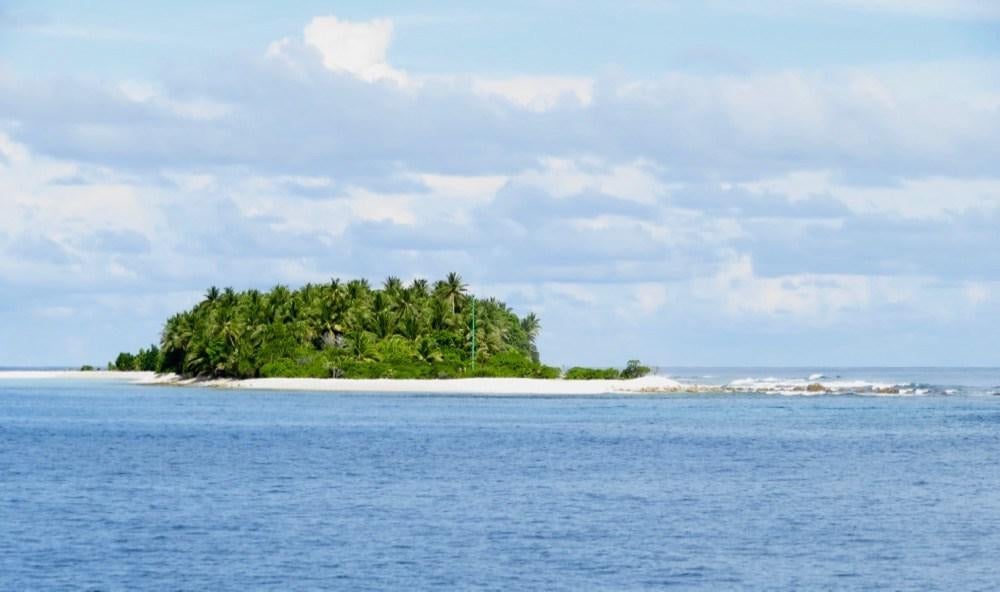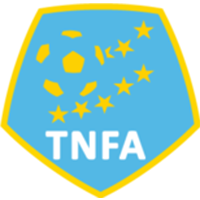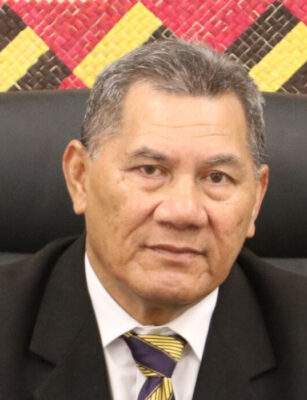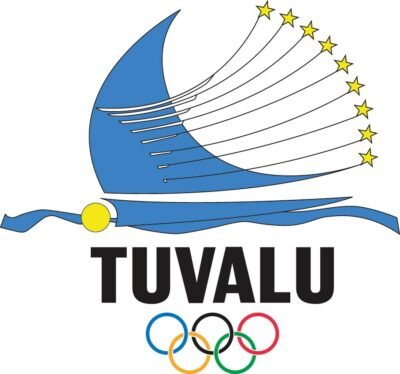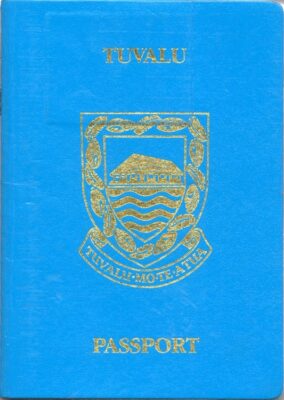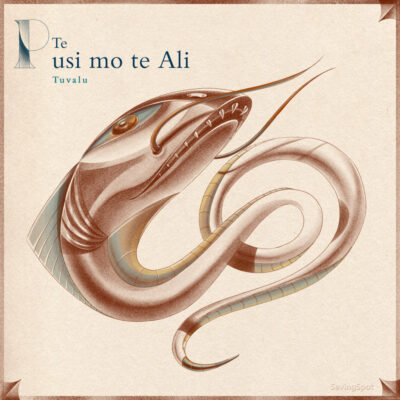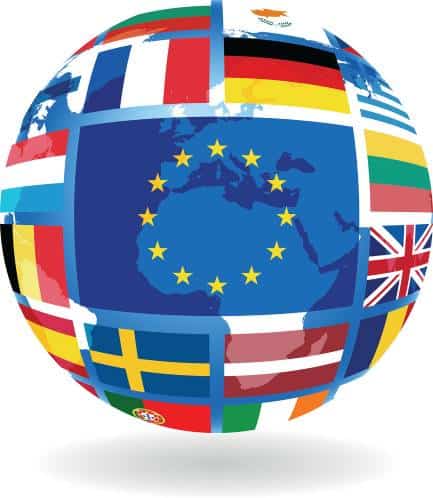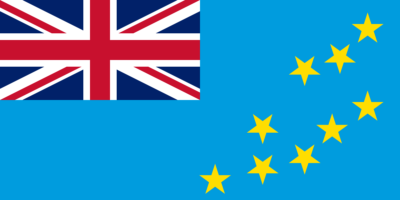National Symbols of Tuvalu
Last updated on March 22nd, 2023 by Editorial Staff
Table Of Contents
By | Updated on March 22, 2023
Reviewed by Rittika
Tuvalu is a country in Australia/Oceania. The people of Tuvalu are called Tuvaluans. The country is situated in Oceania, an island group consisting of nine coral atolls in the South Pacific Ocean, about one-half of the way from Hawaii to Australia.
Etymology discusses where a term is considered to have originated from and how its meaning has changed over time. Etymology has been a factor in the naming of countries all across the world, and Tuvalu has also been influenced. The etymology of Tuvalu can be defined as; “Eight Islands” or “eight standing with each other” in Tuvaluan.
An ethnicity is a group or sub-group of people who are connected based on common characteristics which may include religion, origin, language, traditions, or culture. The ethnic group in Tuvalu is Tuvaluans.
The national color of the country is light blue. The emoji flag of the country is ????????, and the ISO code is TUV.
Tuvalu is known for being one of the world’s smallest countries. The national dish of Tuvalu is Pulaka, and the national instrument of Tuvalu is Drum (unofficial).
The country has the time zone UTC+12 followed by dd/mm/yyyy as the standard date format.
Tuvalu is divided into 9 municipalities. The capital of the country is Funafuti, which is also the largest city in Tuvalu.
The literacy rate in Tuvalu is 99%.
The country’s total area is 26 km² (10 sq mi), and the total population is 11,792. The country’s average elevation is 4.6 m, whereas the country’s terrain can be defined as; Low-lying and narrow coral atolls. The country’s usual climate is tropical; moderated by easterly trade winds (March to November); westerly gales and heavy rain (November to March).
The area of land next to a sea is called the coast, and a coastline is defined as the line where land and sea meet. Tuvalu has 24 km of coastline.
The Australian dollar and the Tuvaluan dollar serve as the national unit of currency. The domain for Tuvalu is .tv and the country code is +688.
The national dress of Tuvalu is the Te titi tao, and 1 October is designated as National Day. In Tuvalu, the majority of the population practices Christianity as their religion.
Nature is a blessing from God and we must protect it because it provides us with the oxygen and food to survive. It also helps to keep our environment beautiful and clean. To emphasize the significance of nature, Tuvalu has selected a few forces of nature as national symbols. Tuvalu’s national animal is the Pantropical spotted dolphin. The national flower is Hibiscus tiliaceus. The national tree of Tuvalu is the Sea Hibiscus or Coast Cottonwood, and the highest peak is Niulakita High Point.
Mythical creatures can be found in the literature and mythologies of many different nations. They represent imaginative representations of various creatures, humans, or hybrids. They are known for their specific features, supernatural abilities, and distinctive appearance. The mythical creature of Tuvalu is Pusi te mo te Ali.
Sports have always played an important role in developing the social and cultural structure of Tuvalu and other countries. When it comes to designating a sport as the official symbol, Football is considered the country’s national sport.
Toaripi Lauti is the founder of Tuvalu. The country’s national anthem was written by Afaese Manoa, and composed by Afaese Manoa.
The country’s national hero is Etimoni Timuani.
Due to their unique qualities and rich cultural or historical backgrounds, national monuments around the world are of great importance. Funafuti Marine Conservation Park is recognized as the national monument of the country. It attracts visitors from all around the world.
Numerous organizations are working on a global level to improve the current state of affairs and to collaborate in order to establish and maintain constructive partnerships. Tuvalu is a member of the Commonwealth of Nations, Pacific Community (PC), and United Nations (UN). Tuvalu collaborates with them to organize, analyze, and address various events and situations.
The tourism slogan of the country is “Timeless Tuvalu” whereas, “Tuvalu mo te Atua – “Tuvalu for the Almighty” is the official motto of the country.
Kausea Natano is the current Prime minister of Tuvalu.
Tuvalu has declared Tuvaluan as the country’s official language.
– Further information regarding the symbols and knowledge of Tuvalu can be found in the table of contents –
Country information
Coat of arms
Flag map of Tuvalu
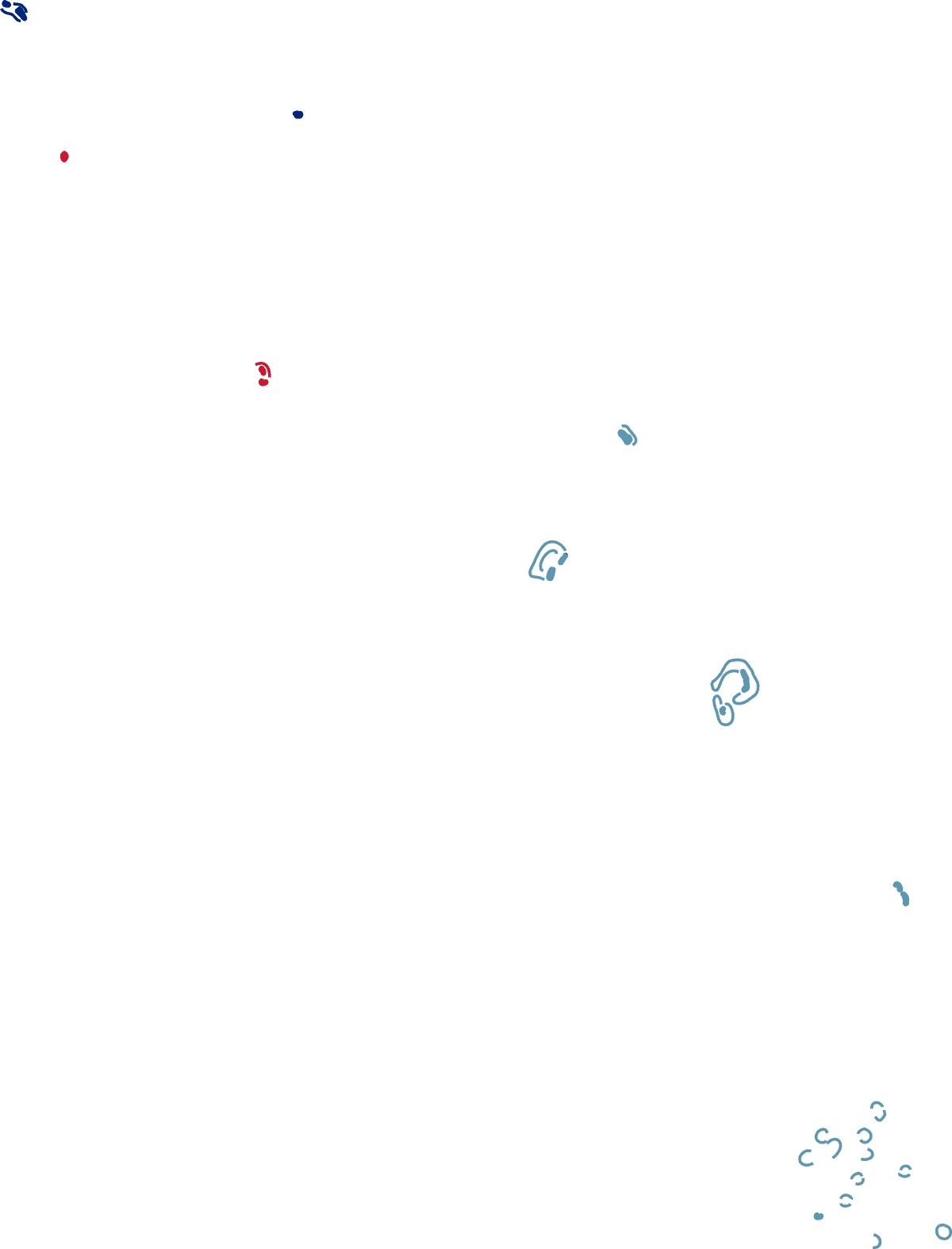
Motto of Tuvalu
Tuvalu mo te Atua - "Tuvalu for the Almighty"
National animal of Tuvalu
The National animal of Tuvalu is Pantropical spotted dolphin
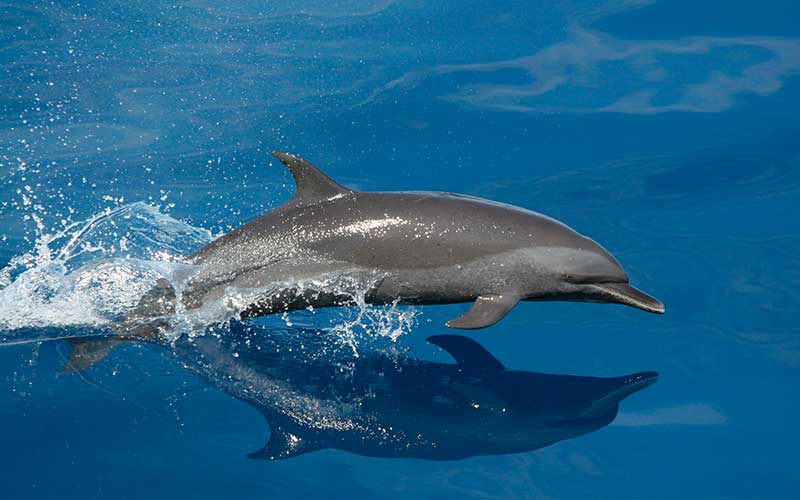
National flower of Tuvalu
The National flower of Tuvalu is Hibiscus tiliaceus. Botanical name is Hibiscus tiliaceus.
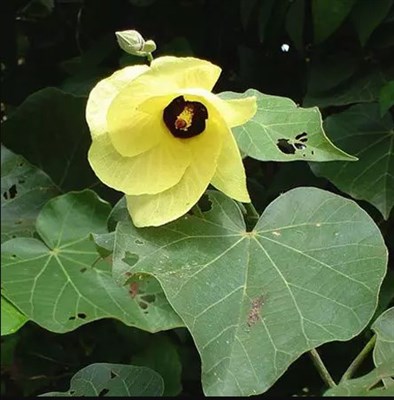
National bird of Tuvalu
The National bird of Tuvalu is Not Declared
Rest of the National symbols of Tuvalu 👇
-
FounderToaripi Lauti
-
National dishPulaka
-
National danceFakaseasea
-
National dressTe titi tao
-
National monumentFunafuti Marine Conservation Park
-
National anthemView Anthem
-
National fruitNot Declared
-
National drinkNo official National drink
-
National colorsLight blue
-
National sportsFootball
-
National treeSea Hibiscus or Coast Cottonwood
-
National poetNot Declared
-
National mausoleumNot Declared
-
National archivesTuvalu National Library and Archives
-
Highest peakNiulakita High Point
-
National football teamTUV
-
Tourism sloganTimeless Tuvalu
-
Emoji flag????????
-
National airline-
-
National instrumentDrum (unofficial)
-
National heroEtimoni Timuani
-
Prime MinisterKausea Natano
-
Olympics CommitteeTuvalu Association of Sports and National Olympic Committee
-
PassportPassport of Tuvalu
-
Mythical CreaturePusi te mo te Ali
Tuvaluan Proverbs - Popular quotes, proverbs and sayings.
The white flower has bloomed; it is time to sleep outside. Listen to the wisdom of the toothless ones. Life is like this: sometimes sun, sometimes rain. Idleness is to be dead in the limbs but alive within. Each bay, its own wind. Don’t do today what you probably can leave undone tomorrow as well.
